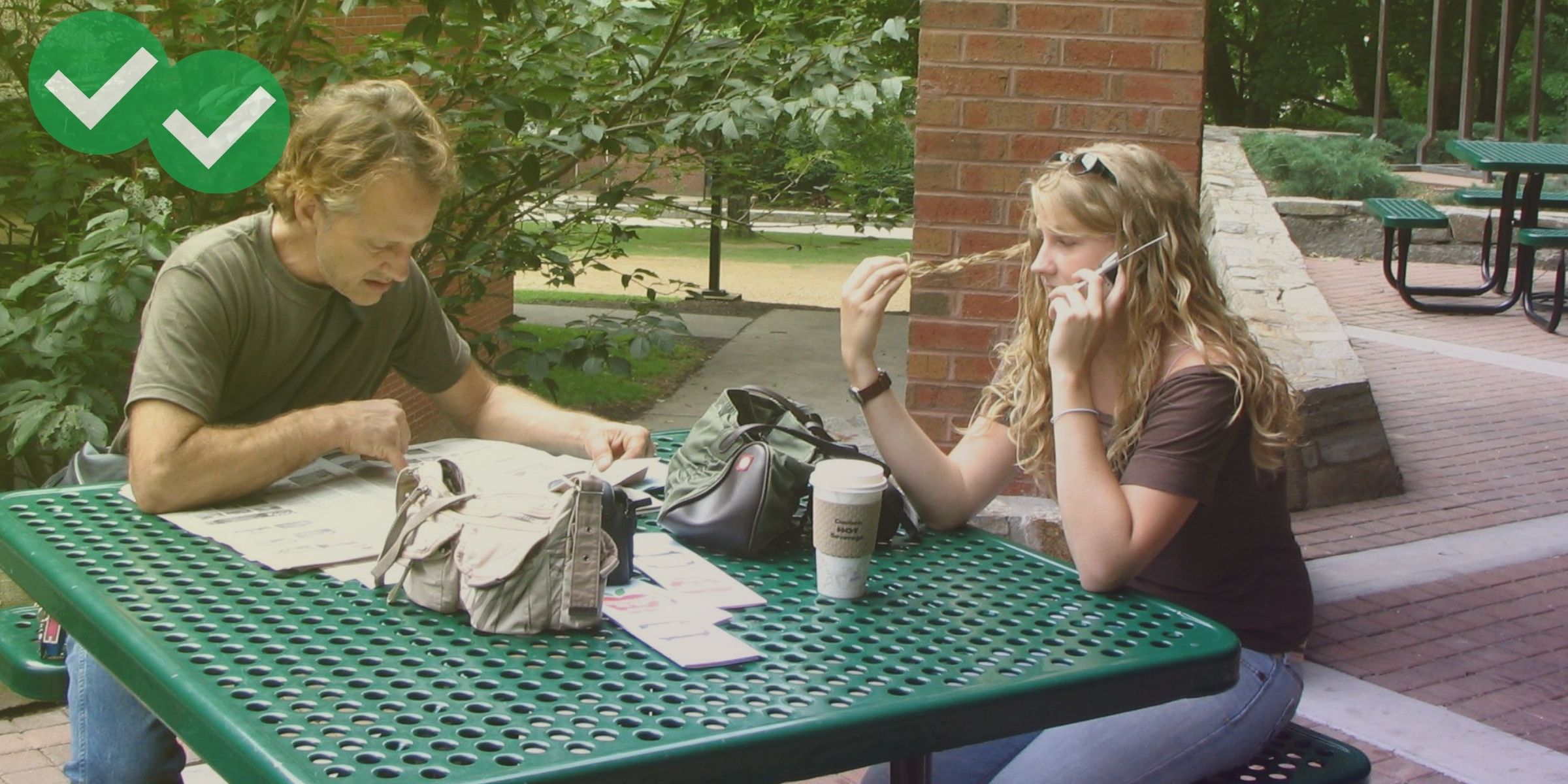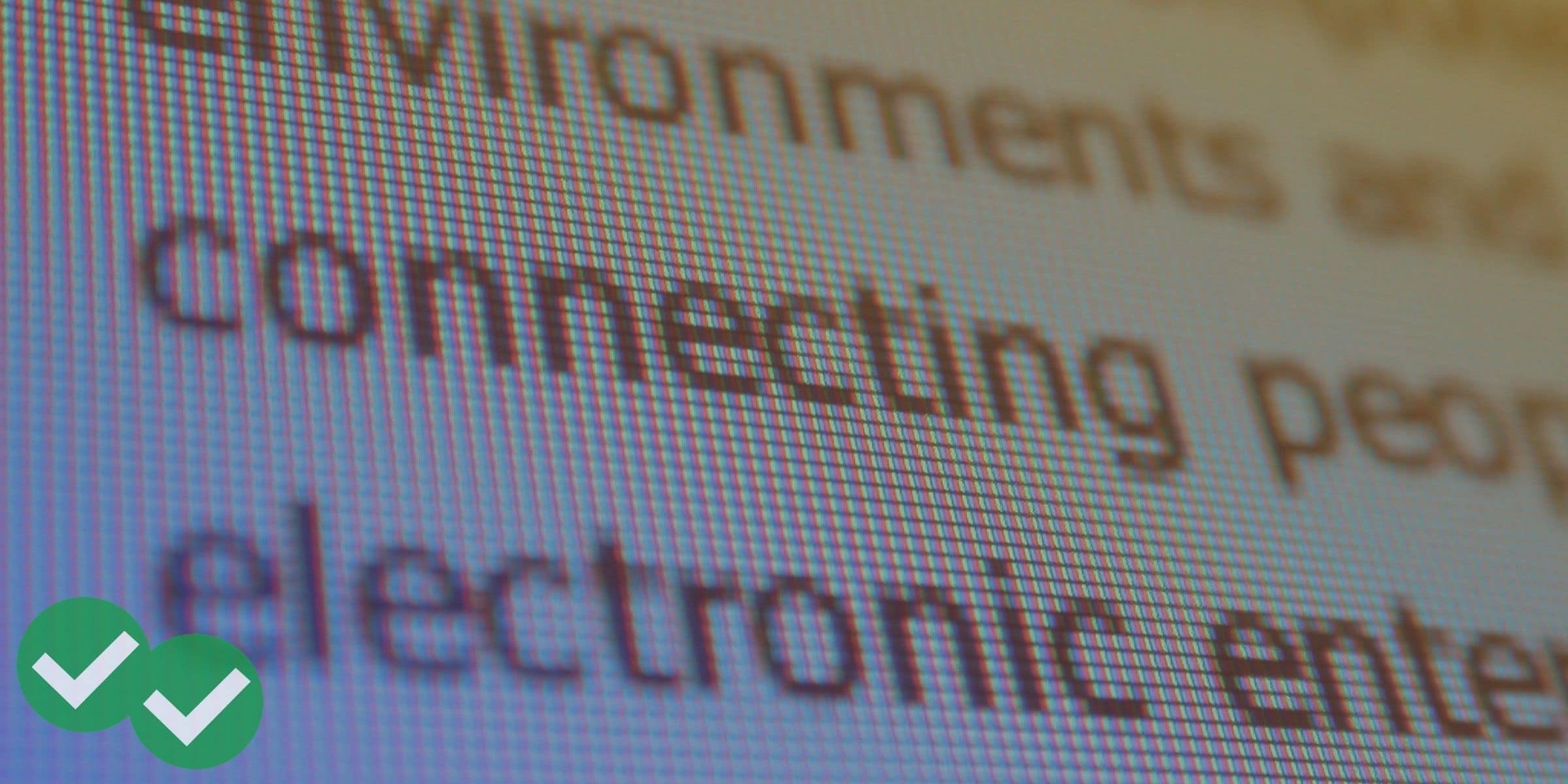Part of your score in the speaking section will come from how well you answered all parts of the question. Even if your language is so good that it sounds like poetry, if you don’t answer the question fully, you won’t get full credit. Read on to be sure that you’re answering the whole question every time.
There’s never just one answer
You’ll never get a TOEFL question that only has one component; every speaking question is complex in some way. For the independent question, the first component will usually be your opinion, and the second component will be an example (or possibly a few examples). The integrated questions, on the other hand, will ask you to summarize the recording (and text, sometimes), and that always includes at least two different main points. You need to include all of the major parts in you answer in order to get a top score.
Use bullet points
During your thinking time, make a note of each part of the question, and write a keyword or phrase that will help you remember how you want to answer that part. For example, let’s take the question “Can pets be part of a family? Use specific reasons or examples to support your answer.” In my thinking time, I might write this:
- emotional support like family
- lifelong bond
- share home
I didn’t write much (and really, on the test I wouldn’t even write this much—abbreviations and short words are better), but even those few lines help me to break my answer into manageable chunks that correspond to the question.
Manage your time
If I got the question discussed above on the test and spend 40 seconds talking about how pets can provide emotional support and trying to define what emotional support means, then I’d be in trouble because I wouldn’t have enough time to give an example or move on to another reason. Avoid falling into this trap by limiting the time you spend on each part of your plan. That way you have a general idea of how many seconds you have to express a particular idea or give an example. Don’t fixate on just one part of your answer unless you have two or three different, helpful details and examples all around that one reason.
Be sure you understand every part of the question
Take extra care when you’re reading and listening to the question so that you know everything that’s expected of you. Since the questions are fairly predictable, you can get a good idea of what you’ll need to do by reading about the different speaking tasks on this blog.






Leave a Reply